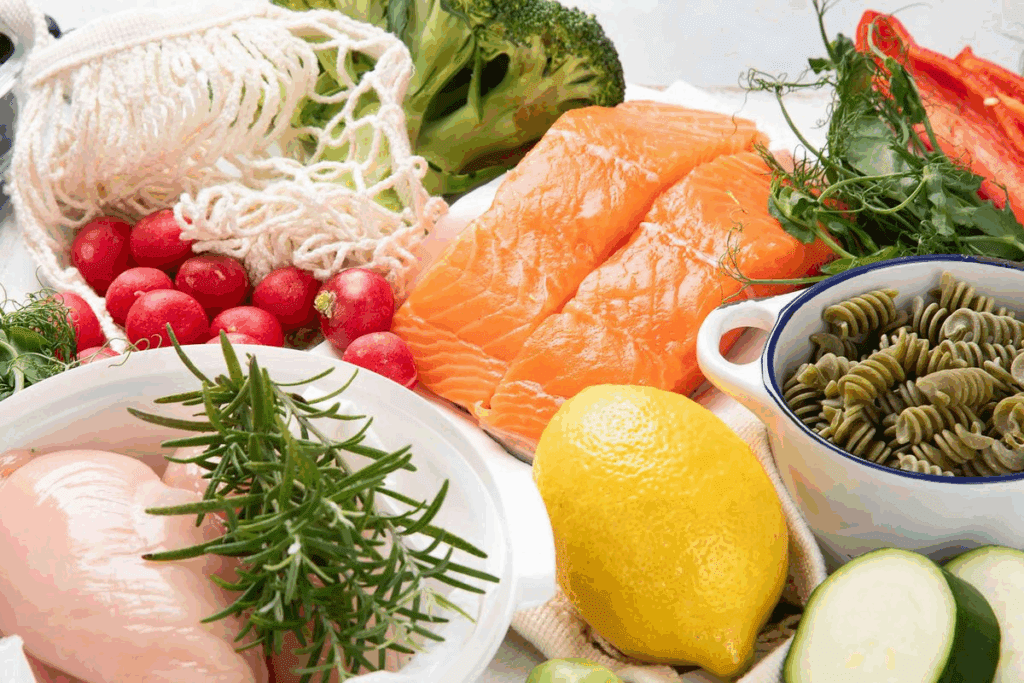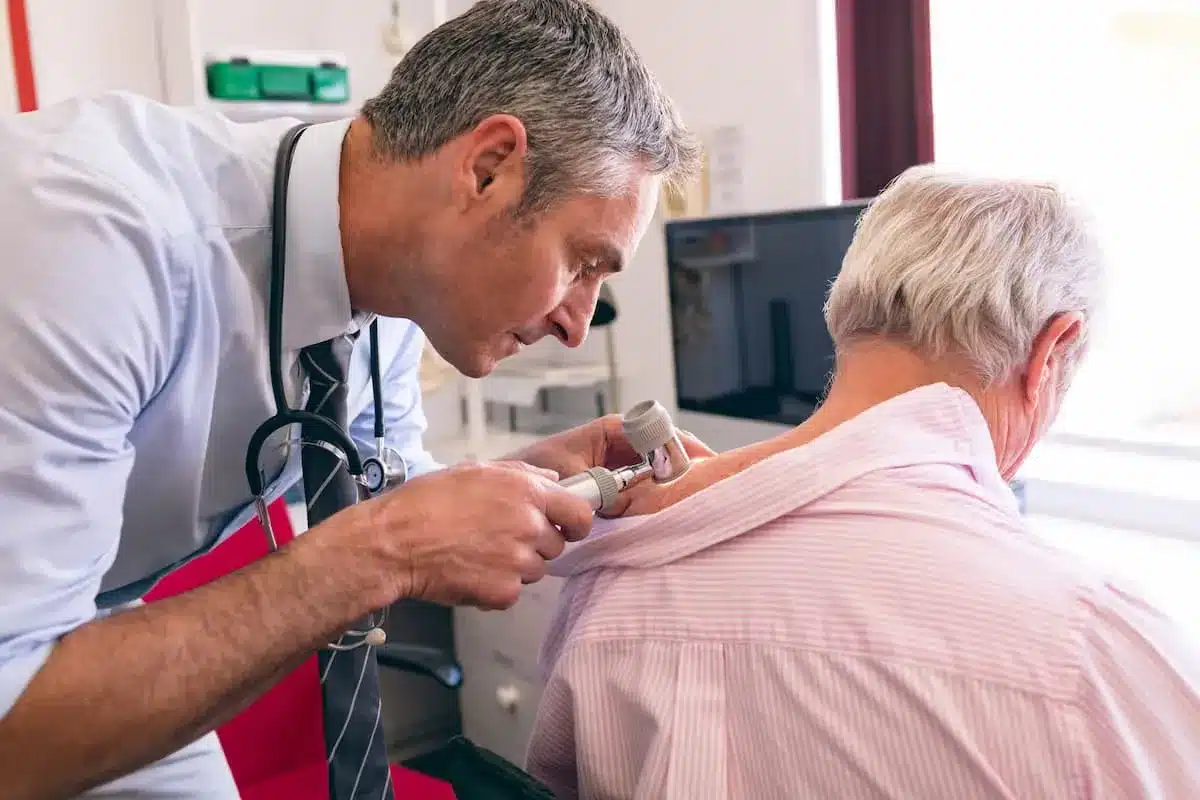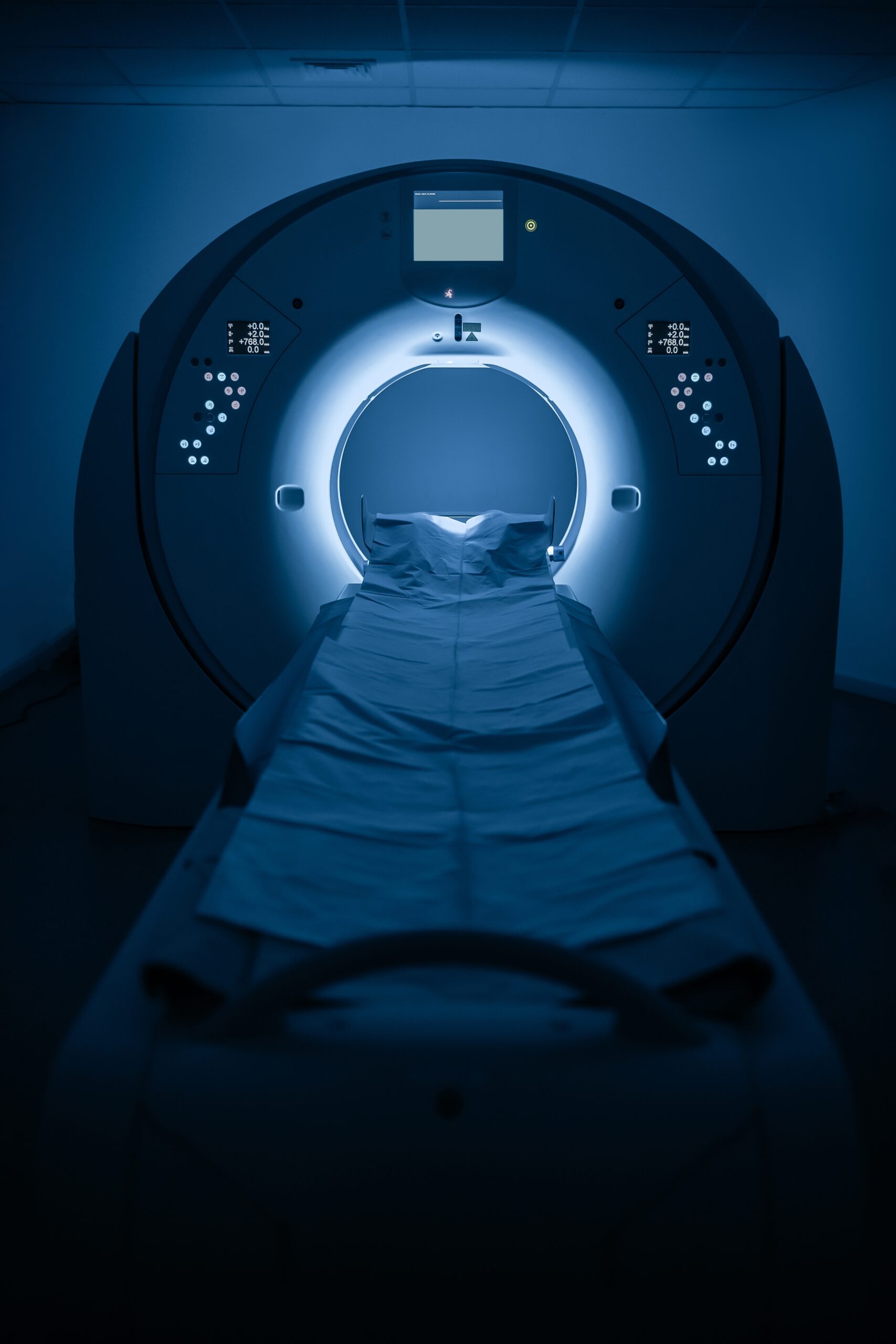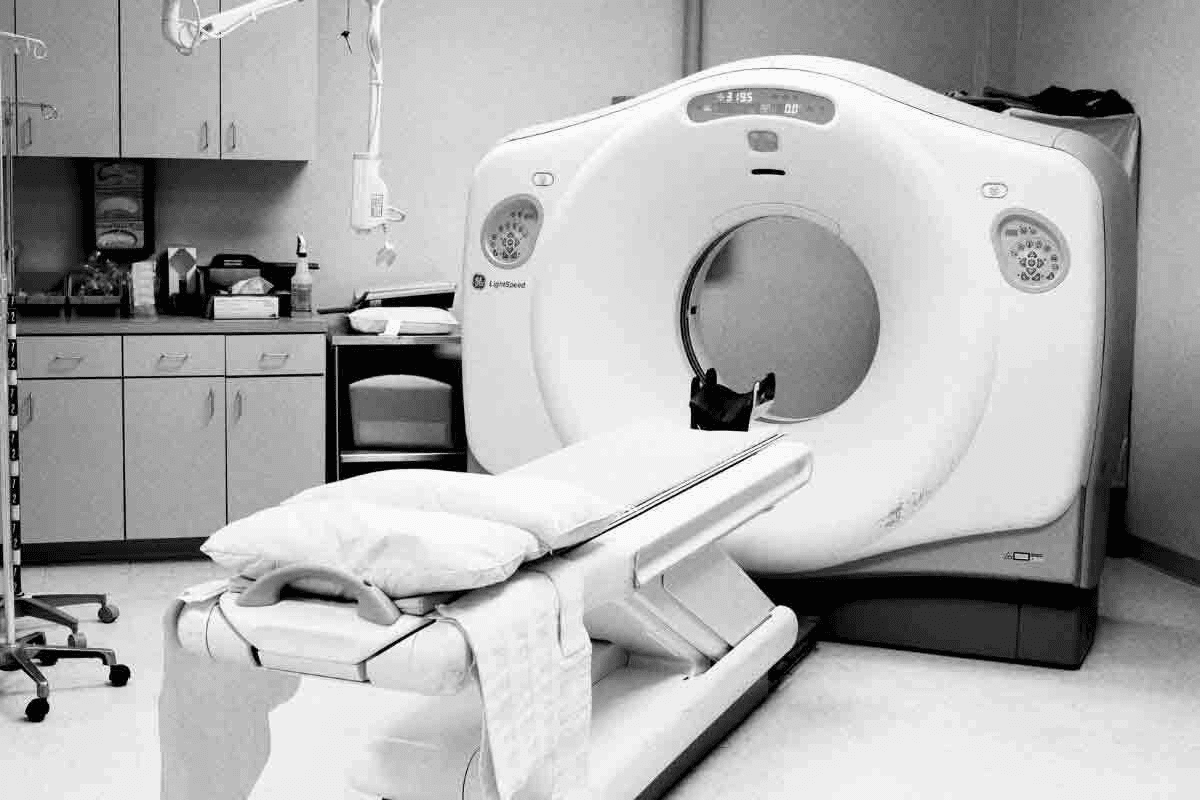
Prostate health is a big worry for men all over the world, and diet plays a crucial role in maintaining it. Some foods can help, while others might harm the prostate. For example, eggs are rich in nutrients but might also raise the risk of prostate cancer. When considering ten worst foods for prostate health, key items to limit or avoid include high-fat dairy products, red and processed meats, sugary foods and drinks, alcohol, caffeine, fried and fast foods, spicy foods, highly processed foods, excessive salt, and foods containing artificial hormones. These foods can contribute to inflammation, hormone imbalances, and other prostate issues, making dietary choices essential for prostate wellbeing.
Eggs are a nutrient-rich food packed with proteins, vitamins, and minerals. Scientists have looked into how eggs affect prostate health. They’ve studied whether eating eggs can increase the chance of getting prostate cancer. We’ll dive into what eggs have to offer and what science says about their effect on prostate health.
Key Takeaways
- Eggs are a significant source of protein and various nutrients.
- Research on eggs and prostate cancer risk is ongoing.
- Diet plays a critical role in maintaining prostate health.
- Understanding the impact of specific foods on prostate health is essential.
- A balanced diet can help mitigate prostate health risks.
The Prostate Gland: Function and Common Health Concerns

Knowing about the prostate gland is key to men’s health. It’s a small, walnut-sized organ below the bladder. It’s vital for the male reproductive system.
What is the Prostate and Its Role in Men’s Health
The prostate gland is around the urethra. It makes seminal fluid, which helps sperm during ejaculation. Its health is important for men’s reproductive health and overall well-being.
We will look at how prostate health affects men’s lives. We’ll see the effects of prostate issues.
Common Prostate Conditions: BPH, Prostatitis, and Prostate Cancer
Several health problems can affect the prostate gland. These include Benign Prostatic Hyperplasia (BPH), prostatitis, and prostate cancer. These issues can greatly impact a man’s life.
Let’s dive into these conditions:
| Condition | Description | Common Symptoms |
| BPH (Benign Prostatic Hyperplasia) | Non-cancerous enlargement of the prostate gland | Frequent urination, weak urine flow, and nocturia |
| Prostatitis | Inflammation of the prostate gland | Painful urination, pelvic pain, and fever |
| Prostate Cancer | Malignant tumor in the prostate gland | Often asymptomatic in early stages, later symptoms include difficulty urinating, pain |
It’s important to understand these conditions. Early detection and management can greatly improve men’s health outcomes.
How Diet Influences Prostate Health

Diet plays a big role in prostate health. It affects inflammation, hormone levels, and oxidative stress. What we eat can help or harm our prostate, making food choices very important for men’s health.
The Science Behind the Diet-Prostate Connection
Research shows a strong link between diet and prostate health. Some foods can raise or lower the risk of prostate problems. Eating lots of fruits, veggies, and whole grains can help keep the prostate healthy.
Important factors in the diet-prostate connection include:
- Nutritional components: Foods with antioxidants like vitamins C and E protect the prostate.
- Dietary patterns: Eating like in the Mediterranean diet, with healthy fats and lots of fruits and veggies, is good for the prostate.
- Food preparation methods: Cooking meat at too high can create harmful compounds.
Inflammation, Hormones, and Oxidative Stress
Three key factors in the diet-prostate health link are inflammation, hormones, and oxidative stress.
Inflammation: Chronic inflammation increases prostate cancer risk. Eating too much processed food and not enough anti-inflammatory foods can make inflammation worse.
Hormones: Diet affects hormone levels, like testosterone and estrogen, which are important for prostate health. For example, eating a lot of saturated fats can change hormone production.
Oxidative Stress: Oxidative stress happens when free radicals outnumber antioxidants. Eating foods rich in antioxidants can help reduce oxidative stress and lower prostate damage.
By knowing these factors and making smart food choices, men can help keep their prostate healthy.
Eggs and Prostate Health: Answering the Big Question
To understand how eggs affect prostate health, we need to look at their nutrients and the science behind eating them. Eggs are packed with good stuff like protein, vitamins, and minerals. These are key to staying healthy.
Nutritional Profile of Eggs
Eggs are full of important nutrients. One large egg has about 6 grams of protein, vitamin D, and choline. These are vital for our bodies.
| Nutrient | Amount per Large Egg |
| Protein | 6 grams |
| Vitamin D | 6% of the Daily Value (DV) |
| Choline | 27% of the DV |
| Cholesterol | 186 milligrams |
Eggs also have antioxidants like lutein and zeaxanthin, which are good for our eyes. The cholesterol in eggs has been a worry, but studies show it doesn’t raise blood cholesterol much for most people.
Scientific Research on Eggs and Prostate Cancer Risk
Many studies have looked into eggs and prostate cancer. A big study in the BMJ found no link between eggs and prostate cancer. But some research says eating a lot of eggs might raise the risk of advanced prostate cancer.
Even though we have some clues, we need more research. Cooking methods and what else we eat can also affect the outcome.
Are Eggs Bad for Enlarged Prostate (BPH)?
Benign Prostatic Hyperplasia (BPH), or enlarged prostate, is common in older men. Eggs’ effect on BPH isn’t well-studied. But, eggs’ nutrients could help or harm.
On one side, eggs’ protein and zinc might help the prostate. On the other hand, their cholesterol might be a problem for some. Eating eggs in moderation is usually a good idea.
In short, eggs aren’t clearly good or bad for prostate health. We need to weigh their benefits and risks. Men worried about their prostate should talk to their doctor about what’s best for them.
The Cholesterol Connection: How Eggs Might Affect Your Prostate
It’s important to know how dietary cholesterol affects prostate health, which is key for men worried about prostate issues. The link between what we eat and our health is complex. Eggs, being high in cholesterol, are often talked about in this context.
Dietary Cholesterol and Prostate Health
Dietary cholesterol has been studied for its effects on health, including heart disease and prostate health. Scientists have looked into whether eating foods high in cholesterol, like eggs, increases prostate problems.
Egg consumption is closely watched because of its cholesterol. But eggs also have lots of protein, vitamins, and minerals. Their nutritional value makes them good for a balanced diet, but their cholesterol is something to think about for men with prostate issues.
Recommended Egg Consumption for Men with Prostate Concerns
Men with prostate worries often wonder how many eggs are safe to eat. How much dietary cholesterol we can handle varies. But there are general guidelines to help men make smart choices.
| Study | Year | Findings on Egg Consumption and Prostate Health |
| Study A | 2018 | Moderate egg consumption (up to 2.5 eggs per week) is not significantly associated with increased prostate cancer risk. |
| Study B | 2020 | High egg consumption (more than 5 eggs per week) may be associated with a slightly increased risk of advanced prostate cancer. |
Men with prostate worries should think about their whole diet and lifestyle. It’s all about balance. Being careful about how eggs fit into a healthy diet can help men make better choices.
The Ten Worst Foods for Prostate Health
Some foods can really hurt your prostate health. Knowing which ones to avoid is key to keeping your prostate healthy. Making smart food choices is important for your well-being.
Red and Processed Meats
Red and processed meats can harm your health, including your prostate. They are often full of bad fats and might have harmful chemicals from cooking.
Examples of red and processed meats to limit:
- Beef
- Pork
- Lamb
- Sausages
- Bacon
- Processed deli meats
High-Fat Dairy Products
High-fat dairy can raise your risk of prostate problems. The bad fats and too much calcium in these products are a concern.
| Dairy Product | High-Fat Version | Lower-Fat Alternative |
| Milk | Whole milk | Skim or low-fat milk |
| Cheese | Cheddar, brie | Mozzarella, feta (in moderation) |
| Yogurt | Full-fat yogurt | Low-fat or Greek yogurt |
Alcohol
Too much alcohol is bad for your health, including your prostate. It can increase the risk of prostate problems.
Guidelines for alcohol consumption:
- Limit alcohol intake to moderate levels (up to 2 drinks per day for men)
- Avoid binge drinking
Caffeine and Coffee
Caffeine and coffee might affect your prostate health. While a little is okay, too much can make problems worse.
Recommendations for caffeine intake:
- Limit caffeine to 400mg per day (about 3-4 cups of brewed coffee)
- Be mindful of caffeine from other sources like tea, energy drinks, and chocolate
Knowing about these foods and making smart choices can help keep your prostate healthy. It’s all about making the right food choices.
Dairy Products: Their Impact on Prostate Health and Cancer Risk
Dairy products are a big part of many diets around the world. Research has looked into how they affect prostate health and cancer risk.
Research on Dairy Consumption and Prostate Cancer
Many studies have looked at dairy and prostate cancer. Some say eating a lot of dairy might raise the risk of prostate cancer, even the aggressive kind. The reasons are not clear, but several factors might play a role:
- Calcium intake: Too much calcium from dairy might affect prostate cancer risk.
- Hormones in dairy: Dairy has hormones like estrogen, which could impact prostate health.
- IGF-1 levels: Eating dairy might raise insulin-like growth factor 1 (IGF-1) levels. IGF-1 can help cells grow, which might lead to cancer.
A big study looked at dairy and prostate cancer. It found a link between eating a lot of dairy and higher cancer risk. But the findings aren’t all the same, and more research is needed.
| Study | Dairy Consumption Level | Prostate Cancer Risk |
| Study A | High | Increased risk |
| Study B | Moderate | No significant association |
| Study C | Low | Reduced risk |
Healthier Dairy Alternatives for Men with Prostate Concerns
Men worried about dairy and prostate health have options:
- Non-dairy milk alternatives: Almond milk, soy milk, and oat milk are good choices.
- Dairy products in moderation: If you eat dairy, do it in small amounts.
- Choosing lower-fat dairy: Pick lower-fat dairy to lower risks.
- Fortified plant-based products: Plant-based milks are often fortified with calcium and vitamins, making them healthy options.
By watching dairy intake and trying healthier options, men can support their prostate health.
Caffeine and BPH: Effects on Prostate Enlargement
Caffeine is a popular drink worldwide. But its effect on BPH symptoms and prostate size needs more study.
How Caffeine Affects Urinary Symptoms
Caffeine can irritate the bladder. This might make BPH symptoms worse. Studies show it can cause a more frequent and urgent need to urinate.
Men with BPH should watch their caffeine intake. Seeing how it affects their symptoms is key. Cutting down on caffeine might ease some discomfort.
Coffee, Tea, and Energy Drinks: What Research Shows
Research on caffeine and BPH has mixed results. Some studies say moderate caffeine doesn’t raise BPH risk or symptoms much.
But other studies warn that too much caffeine, like in energy drinks, can make symptoms worse. It’s important to know the difference between too much and just right.
| Beverage | Caffeine Content (approximate) | Potential Impact on BPH Symptoms |
| Coffee (8 oz) | 60-180 mg | May irritate the bladder, worsen symptoms |
| Tea (8 oz) | 25-40 mg | Less likely to irritate, but a consideration |
| Energy Drinks (8 oz) | 80-120 mg | High caffeine may worsen symptoms |
Recommended Caffeine Limits for Men with Enlarged Prostate
There’s no single rule for caffeine intake with BPH. But men should aim for no more than 400 mg a day.
This means about 3-4 cups of coffee or several teas, depending on how they’re made and the brand.
Men with BPH should pay attention to how caffeine affects them. If symptoms get worse, it’s time to cut back on caffeine.
Alcohol Consumption and Its Effects on Prostate Size
Alcohol is a big part of many lives, and its effects on the prostate are important to understand. It can affect the prostate in different ways, including in men with Benign Prostatic Hyperplasia (BPH). We’ll look into how alcohol impacts prostate health and offer tips on drinking for those with prostate issues.
Research on Alcohol’s Impact on Prostate Health
Research on alcohol and prostate health has given us mixed answers. Some studies say moderate drinking doesn’t harm the prostate. But others suggest it might make BPH worse. “Alcohol can lead to health problems, and it affects prostate health too,” a study in a urology journal found.
It’s important to know how alcohol changes prostate size. It can alter hormone levels, like testosterone, which is good for the prostate. Also, alcohol makes you pee more often, which can make BPH symptoms worse.
Guidelines for Alcohol Consumption with BPH
Men with BPH should watch their alcohol intake to feel better. You don’t have to stop drinking completely, but be careful. Here are some tips:
- Drink no more than two drinks a day.
- Notice how alcohol affects your BPH symptoms and adjust your drinking.
- Try other drinks or find ways to drink less if you can’t stop.
“Drinking in moderation is best for men with prostate issues,” a urology expert says. “By watching your drinking and its effects, you can manage your BPH symptoms better.”
Sugar, Refined Carbohydrates, and Prostate Inflammation
The link between sugar and prostate health is complex. It shows that what we eat affects inflammation, which impacts prostate health.
The Inflammatory Response to High-Sugar Diets
Eating too much sugar can cause inflammation in our bodies. This happens because sugar affects our blood sugar and insulin levels. High sugar diets make our bodies produce more insulin, leading to inflammation.
Key mechanisms involved in the inflammatory response include:
- Advanced Glycosylation End-products (AGEs) formation
- Increased oxidative stress
- Activation of pro-inflammatory pathways
Studies show that sugar-rich diets can make inflammation worse, which can harm prostate health. For example, a study found that eating a lot of sugar increases the risk of prostate cancer.
“Diets rich in sugar can lead to chronic inflammation, which is a known risk factor for various diseases, including prostate cancer.”
Hidden Sources of Sugar to Avoid
Finding and avoiding hidden sugars is key to cutting down on sugar. Many foods, not just sweets, have a lot of sugar.
| Food Category | Examples | Hidden Sugar Content |
| Beverages | Soda, Sports Drinks, Energy Drinks | High fructose corn syrup, sucrose |
| Baked Goods | Cakes, Cookies, Pastries | Sugar, honey, maple syrup |
| Processed Snacks | Chips, Granola Bars, Trail Mix | Cane sugar, corn syrup |
To control sugar intake, it’s important to check food labels. Knowing the different names for sugar on labels helps.
Understanding how sugar and refined carbs affect prostate health helps us make better food choices. This can reduce inflammation and improve our overall health.
Foods That Promote Prostate Health and Reduce Inflammation
Eating a balanced diet with certain foods is key to prostate health. The right foods can help keep your prostate in good shape and lower inflammation.
Tomatoes and Lycopene-Rich Foods
Tomatoes are full of lycopene, an antioxidant that fights prostate cancer. Cooking or processing tomatoes makes lycopene easier for our bodies to use. Other foods high in lycopene include:
- Watermelon
- Pink grapefruit
- Guava
Eating these foods can give you a natural boost of lycopene, which is good for your prostate.
Cruciferous Vegetables and Their Protective Effects
Vegetables like broccoli, cauliflower, and kale have compounds that fight prostate cancer. They’re packed with sulforaphane, which is known for its anti-cancer effects.
To get the most from these veggies, eat them often. Try steaming, roasting, or sautéing them.
Berries and Citrus Fruits for Prostate Health
Berries like strawberries, blueberries, and raspberries are full of antioxidants. They’re good for your prostate. Citrus fruits, like oranges and lemons, are also great because of their vitamin C.
Adding berries and citrus fruits to your meals can help fight oxidative stress and inflammation.
Omega-3 Rich Foods and Their Benefits
Fatty fish like salmon, sardines, and mackerel are rich in omega-3s. These fats are anti-inflammatory and can help your prostate. Omega-3s might also lower prostate cancer risk and ease enlarged prostate symptoms.
If you don’t eat fish, flaxseeds and walnuts are good alternatives for omega-3s.
By adding these foods to your diet, you can actively support your prostate health and reduce inflammation.
Plant-Based Proteins as Alternatives to Eggs and Meat
Plant-based proteins are a healthy choice for those looking to avoid eggs and meat. They are good for prostate health. It’s important to know how these proteins can help.
Legumes, Nuts, and Seeds for Prostate Health
Legumes, nuts, and seeds are full of protein and fiber. They also have vitamins and minerals that are good for you. These foods are packed with antioxidants and anti-inflammatory compounds.
Nutritional Benefits:
- High in fiber, which can help manage cholesterol levels
- Rich in antioxidants that combat oxidative stress
- Contain essential minerals like zinc and selenium that support prostate health
| Food | Protein Content (g/100g) | Key Nutrients |
| Chickpeas | 8.9 | Fiber, Folate, Manganese |
| Almonds | 21.2 | Vitamin E, Magnesium, Healthy Fats |
| Chia Seeds | 16.5 | Omega-3 Fatty Acids, Fiber, Calcium |
Soy Products and Their Effect on Prostate Health
Soy products have been studied for their impact on prostate health. Studies suggest they may be beneficial due to their isoflavone content.
Potential Benefits:
- Isoflavones may help balance hormone levels
- Antioxidant properties can reduce oxidative stress
- May contribute to reduced risk of prostate cancer progression
Adding plant-based proteins to your diet can support prostate health. It also lets you enjoy a wide variety of nutritious foods.
Dietary Strategies to Shrink an Enlarged Prostate
An enlarged prostate can be tough to handle, but diet might help. Benign Prostatic Hyperplasia (BPH) is common in older men. While there are medical options, eating right can also help.
Anti-Inflammatory Foods That May Reduce Prostate Size
Eating foods that fight inflammation can help with BPH. Foods full of antioxidants and omega-3s are great. “A diet rich in fruits, vegetables, and healthy fats can significantly impact prostate health,” a study in the Journal of Nutrition found.
Some key foods include:
- Fatty fish like salmon and sardines, rich in omega-3 fatty acids
- Berries such as blueberries and raspberries, high in antioxidants
- Green leafy vegetables like spinach and kale, rich in vitamins and minerals
- Nuts and seeds, including walnuts and flaxseeds, are good sources of healthy fats
Herbal Supplements and Natural Remedies
Some herbal supplements might help with BPH. Saw palmetto is often used to ease urinary issues. “Some studies suggest that saw palmetto may help reduce the symptoms of BPH, though more research is needed,” a Cochrane Database of Systematic Reviews review says.
Other natural remedies include:
- Pygeum, an extract from the bark of the African cherry tree
- Beta-sitosterol, a substance found in plants such as saw palmetto and pumpkin seeds
- Zinc, an essential mineral that supports prostate health
Meal Planning for BPH Management
Planning meals well is key to managing BPH through diet. It’s not just about eating good foods but also avoiding bad ones. Foods high in sugar, dairy, and processed meats can make symptoms worse.
A good diet for BPH should include:
- A variety of colorful vegetables and fruits
- Whole grains and legumes
- Lean proteins, including fish and poultry
- Healthy fats, such as those found in nuts, seeds, and avocados
By choosing the right foods, men with BPH can feel better. A balanced diet is a big part of managing BPH. As we learn more about diet and prostate health, a complete approach is essential.
Creating a Balanced Diet Plan for Optimal Prostate Health
A good diet can really help your prostate health and overall health. To keep your prostate healthy, you need to eat the right foods and nutrients.
The Mediterranean Diet Approach
The Mediterranean diet is known for its health benefits, including for the prostate. It focuses on whole grains, fruits, vegetables, lean proteins, and healthy fats like olive oil.
Key Components of the Mediterranean Diet:
- High consumption of fruits and vegetables
- Whole grains as the primary source of carbohydrates
- Lean protein sources, including poultry and fish
- Healthy fats, such as olive oil and nuts
- Low consumption of red meat and processed foods
Sample Meal Plans and Recipes
Here are some Mediterranean diet meal plans and recipes to help you eat well:
| Meal | Recipe | Nutritional Benefits |
| Breakfast | Oatmeal with Berries and Nuts | High in fiber, antioxidants, and healthy fats |
| Lunch | Grilled Chicken with Roasted Vegetables | Rich in lean protein, vitamins, and minerals |
| Dinner | Baked Salmon with Quinoa and Steamed Broccoli | High in omega-3 fatty acids, protein, and fiber |
Sample Recipe: Grilled Chicken with Roasted Vegetables
Ingredients: 4 boneless chicken breasts, 2 tablespoons olive oil, 1 large onion, 2 large bell peppers, 2 cloves garlic, salt, and pepper.
Instructions: Preheat grill to medium-high heat. Grill chicken for 6-7 minutes per side. Toss vegetables in olive oil, salt, and pepper. Roast in the oven at 400°F for 25-30 minutes.
Hydration and Prostate Health
Drinking enough water is key to prostate health. It helps remove toxins and keeps the prostate gland working right.
Tips for Staying Hydrated:
- Drink at least 8-10 glasses of water per day
- Incorporate hydrating foods, such as watermelon and cucumbers, into your diet
- Limit caffeine and alcohol, which can act as diuretics
Conclusion: Making Informed Dietary Choices for Long-term Prostate Health
Making smart food choices is key to keeping your prostate healthy over time. We’ve looked into how diet affects prostate health. We’ve seen which foods can hurt or help the prostate gland.
To keep your prostate in good shape, stay away from bad foods. These include red and processed meats, high-fat dairy, and too much caffeine and alcohol. Instead, add good foods to your diet. These are tomatoes, cruciferous veggies, berries, and foods rich in omega-3s.
Following a balanced diet, like the Mediterranean Diet, can lower prostate cancer risk. Men should think about what they eat. Making smart food choices helps keep your prostate healthy for the long run.
FAQ
Are eggs bad for prostate health?
Eggs and prostate health have been studied. Eating eggs in moderation seems okay. But it’s key to look at your whole diet and health.
What are the worst foods for prostate health?
Some foods might not be good for your prostate. These include red meats, processed foods, high-fat dairy, alcohol, and too much caffeine. Cutting down on these can help your prostate.
How does diet influence prostate health?
Your diet affects your prostate health a lot. Foods that cause inflammation, hormones, and stress can harm your prostate. Eating well, with lots of fruits, veggies, whole grains, and lean proteins, can help.
Can caffeine worsen BPH symptoms?
Too much caffeine might make BPH symptoms worse. Try to stick to 200-300 mg a day, about 1-2 cups of coffee. This can help avoid negative effects.
Are dairy products bad for prostate health?
Some studies link high dairy intake to prostate cancer risk. But more research is needed. Choose low-fat or non-dairy options and watch your dairy intake.
How can I shrink an enlarged prostate through diet?
There are diet changes that might help with BPH. Eating anti-inflammatory foods, using herbal supplements, and following a balanced diet can help. Always talk to a doctor before changing your diet.
What foods promote prostate health?
Foods like tomatoes, cruciferous veggies, berries, citrus fruits, and omega-3s are good for your prostate. A varied diet supports prostate health.
Are plant-based proteins beneficial for prostate health?
Yes, plant proteins like legumes, nuts, seeds, and soy are good for your prostate. They’re full of nutrients, fiber, and antioxidants, which are great for your health.
How important is hydration for prostate health?
Drinking enough water is key to prostate health. Drink lots of water and avoid fluids before bed to reduce nighttime trips to the bathroom.
What is the Mediterranean diet, and is it beneficial for prostate health?
The Mediterranean diet focuses on fruits, veggies, whole grains, and healthy fats. It’s linked to many health benefits, including prostate health. Adding Mediterranean diet elements to your diet is a good idea.
Reference:
Medical News Today. (2024). Enlarged prostate diet: Foods to eat and avoid. https://www.medicalnewstoday.com/articles/321079






